If Congress does not respond to the Supreme Court’s decision on the Purdue Pharma opioid settlement, Justice Brett Kavanaugh warned, it will cause “too much harm.”
The OxyContin manufacturer’s multibillion-dollar bankruptcy plan was thrown out by the Supreme Court on Thursday because it included legal protections for the Sackler family, which controlled the company.
5-4 Decision
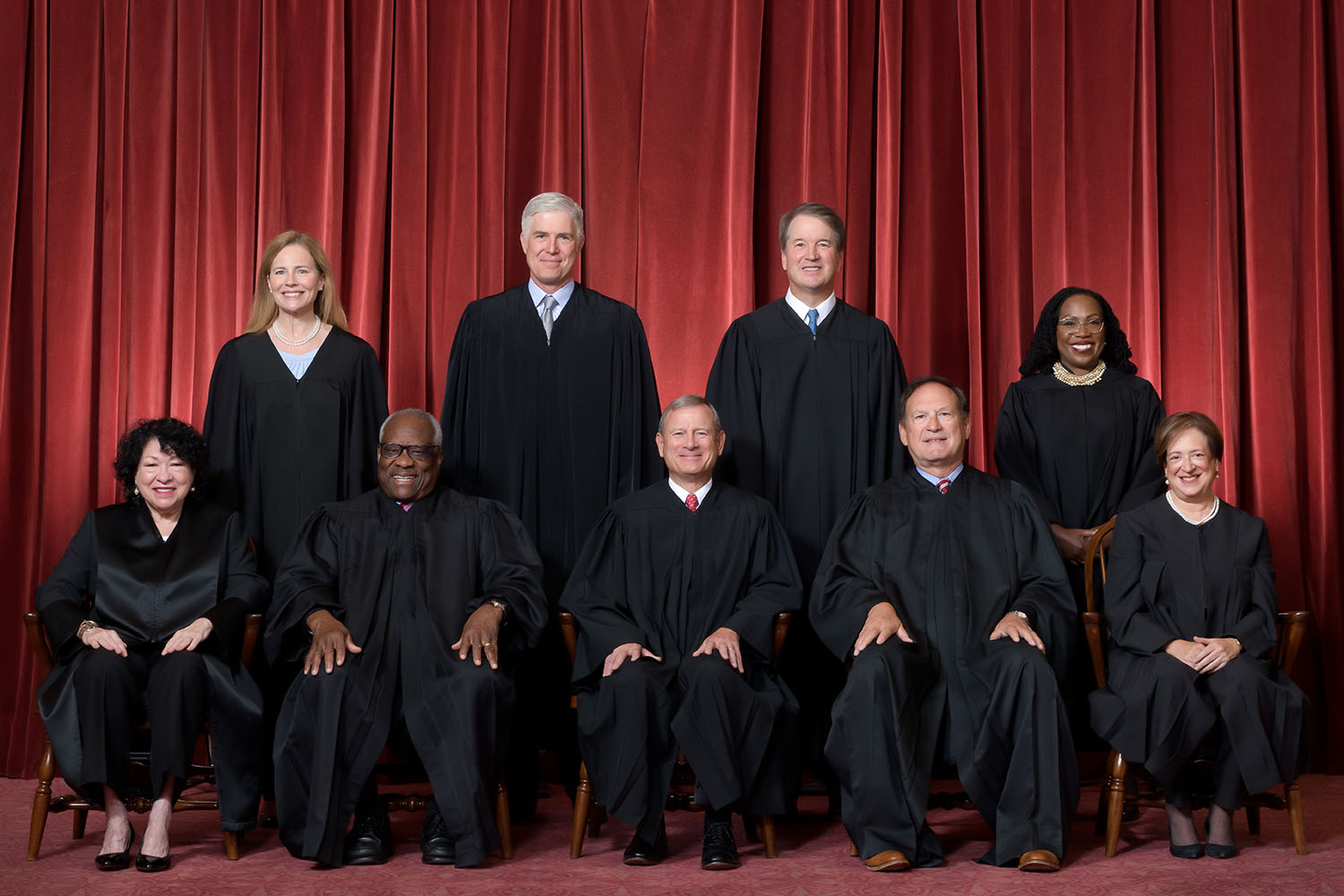
The court sided with the Biden administration’s objections to the agreement in an ideologically muddled 5-4 decision.
The decision upends the billions of dollars that the Sackler family had committed to paying opioid epidemic victims, despite rejecting a proposed legal shield for them.
Civil Liability
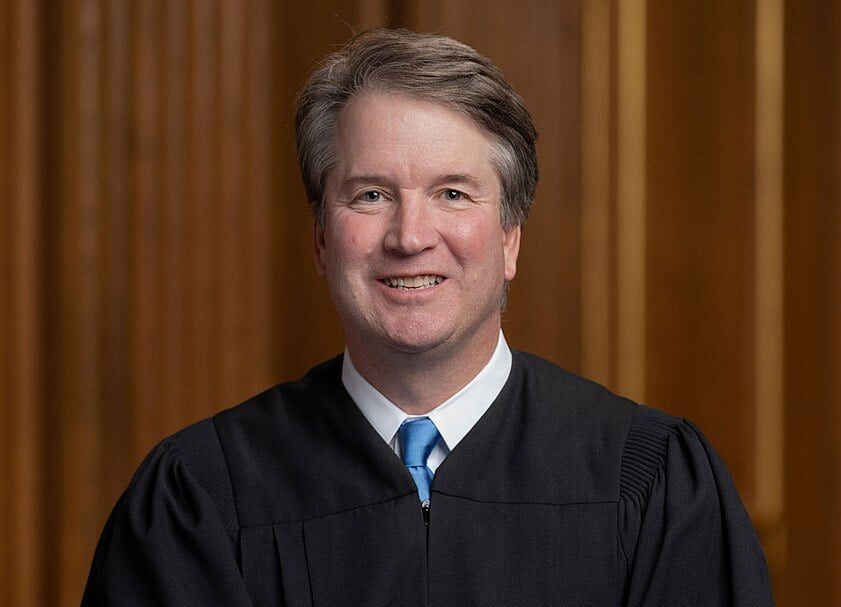
In exchange for a complete release of civil liability in subsequent opioid-related cases, the Sacklers had agreed to pay $6 billion to settle claims related to opioids and $750 million in compensation to victims.
In his dissent, Kavanaugh stated, “Opioid victims and other future victims of mass torts will suffer greatly in the wake of today’s unfortunate and destabilizing decision.”
Kavanaugh’s Dissent

Kavanaugh went on to state: “Only Congress can fix the chaos that will now ensue. The Court’s decision will lead to too much harm for too many people for Congress to sit by idly without at least carefully studying the issue.”
Chief Justice John Roberts and two of the court’s three liberal justices, Justices Sonia Sotomayor and Elena Kagan, joined Kavanaugh, a Trump nominee.
Blurred Lines

Justice Ketanji Brown Jackson, the third liberal on the seat, favored her Republican colleagues.
The dissent stated, “Today’s decision is wrong on the law and devastating for over 100,000 opioid victims and their families.”
Equitable Relief
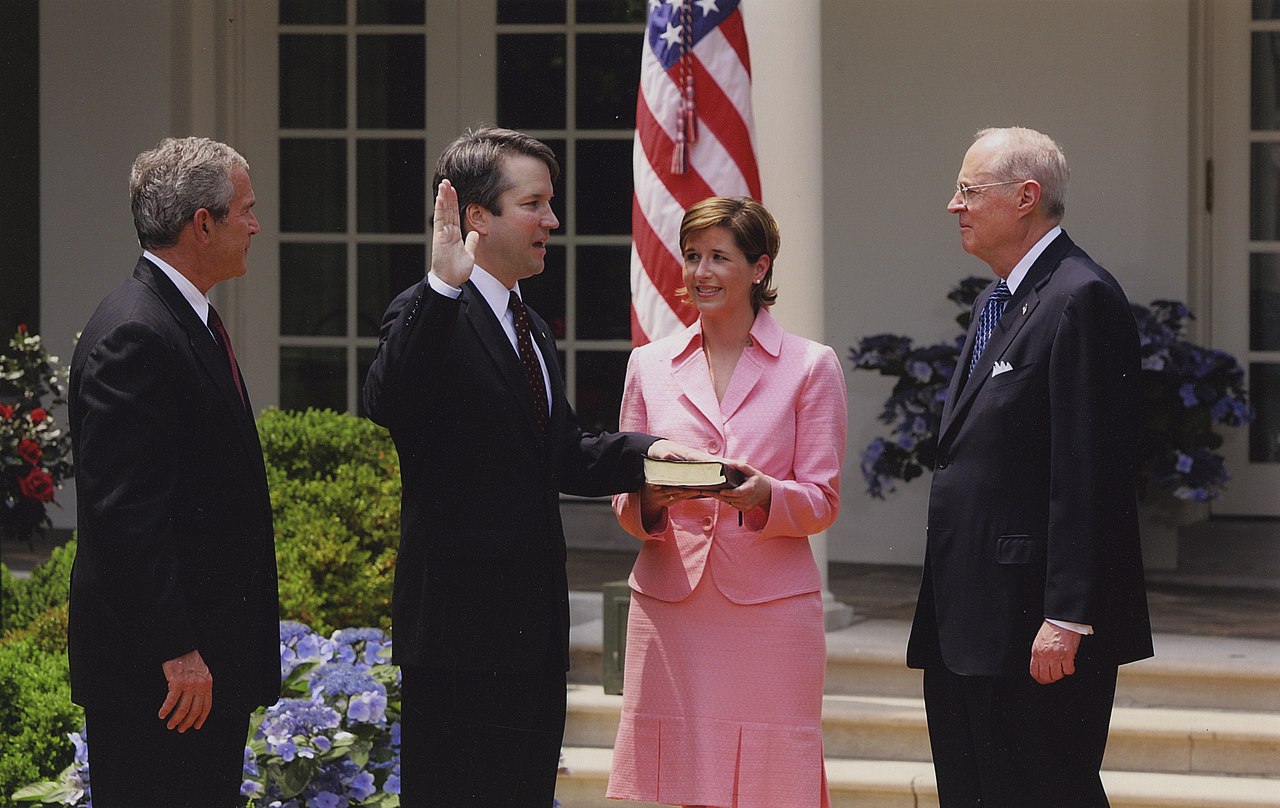
The dissent went on to say: “The Court’s decision rewrites the text of the U. S. Bankruptcy Code and restricts the long-established authority of bankruptcy courts to fashion fair and equitable relief for mass-tort victims.”
“As a result, opioid victims are now deprived of the substantial monetary recovery that they long fought for and finally secured after years of litigation.”
Purdue’s Marketing
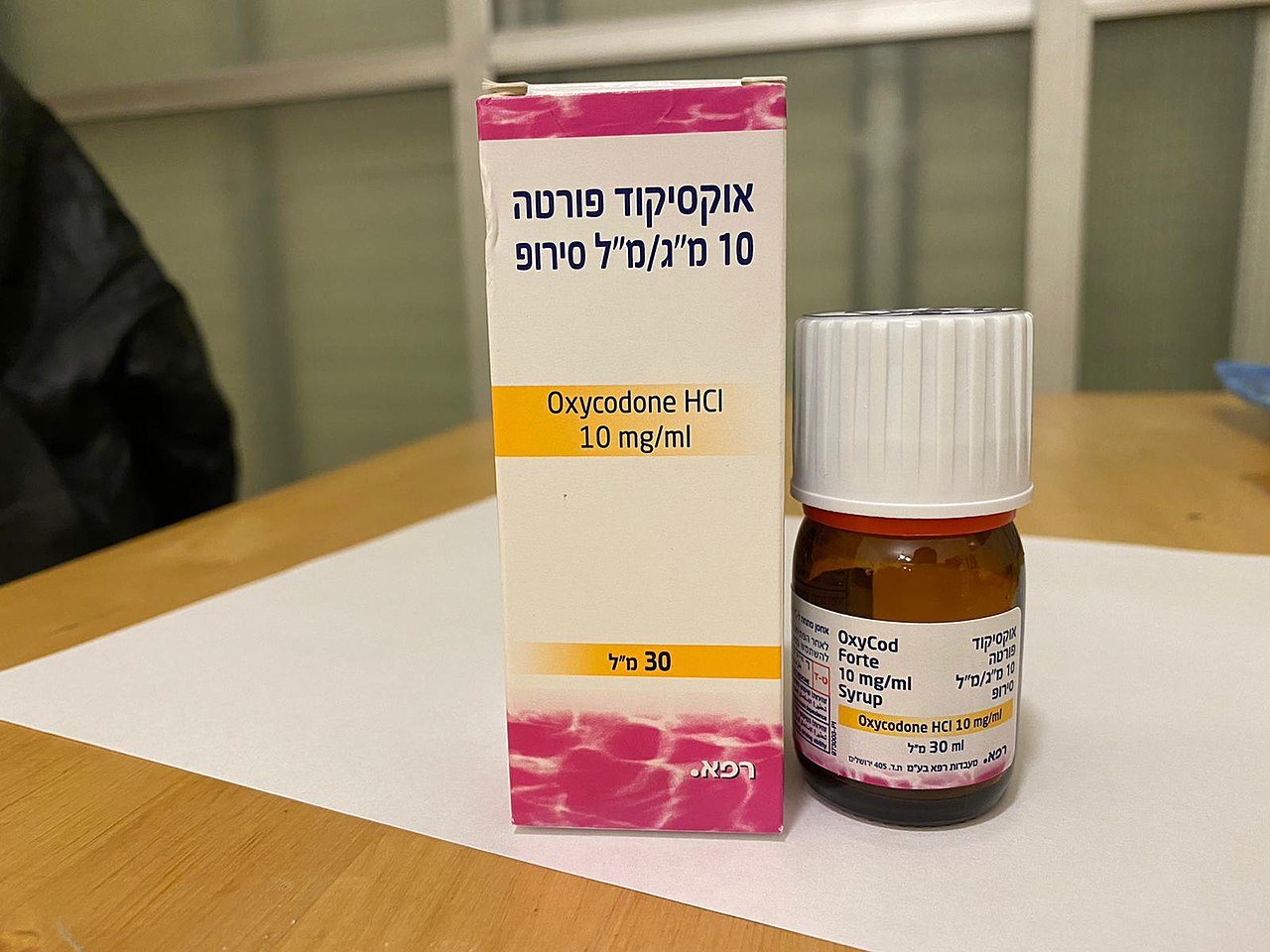
A lot of people think that Purdue’s marketing of OxyContin to doctors and pain patients is what started the nation’s opioid crisis.
Nearly 247,000 people in the United States died from prescription opioid overdoses between 1999 and 2009, following the drug’s introduction to the market in 1996.
Chapter 11 Bankruptcy
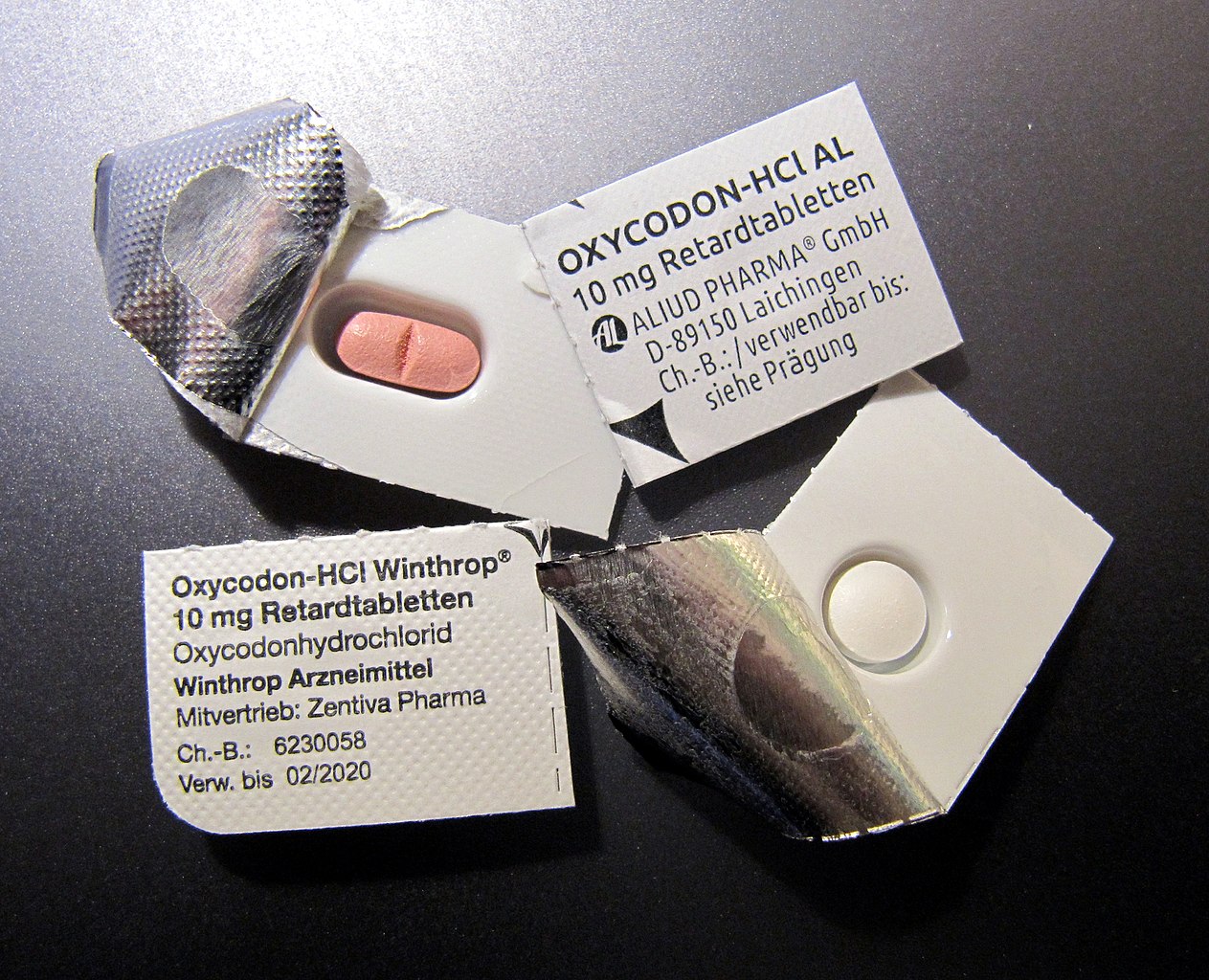
In 2019, the business did not file for Chapter 11 bankruptcy, but the Sackler family did.
Instead of selling Purdue for billions of dollars, the Sackler family decided to negotiate a separate agreement that would allow the company to rebrand itself while the Sacklers settled the lawsuits that had been put on hold as a result of the bankruptcy filing.
Admirable Discretion

In his dissent, Kavanaugh argued that the bankruptcy court had exercised its discretion “admirably” and that the plan “guaranteed substantial and equitable compensation” to Purdue’s victims and provided significant funding for addiction treatment by state and local governments.
He referred to the agreement as “a shining example of the bankruptcy system at work.”
Throwing Out The Plan

The justice wrote, “But the Court now throws out the plan—and in doing so, categorically prohibits non-debtor releases, which have long been a critical tool for bankruptcy courts to manage mass-tort bankruptcies like this one.”
He stated, “The opioid victims and their families are deprived of their hard-won relief.”
“Communities Devastated”
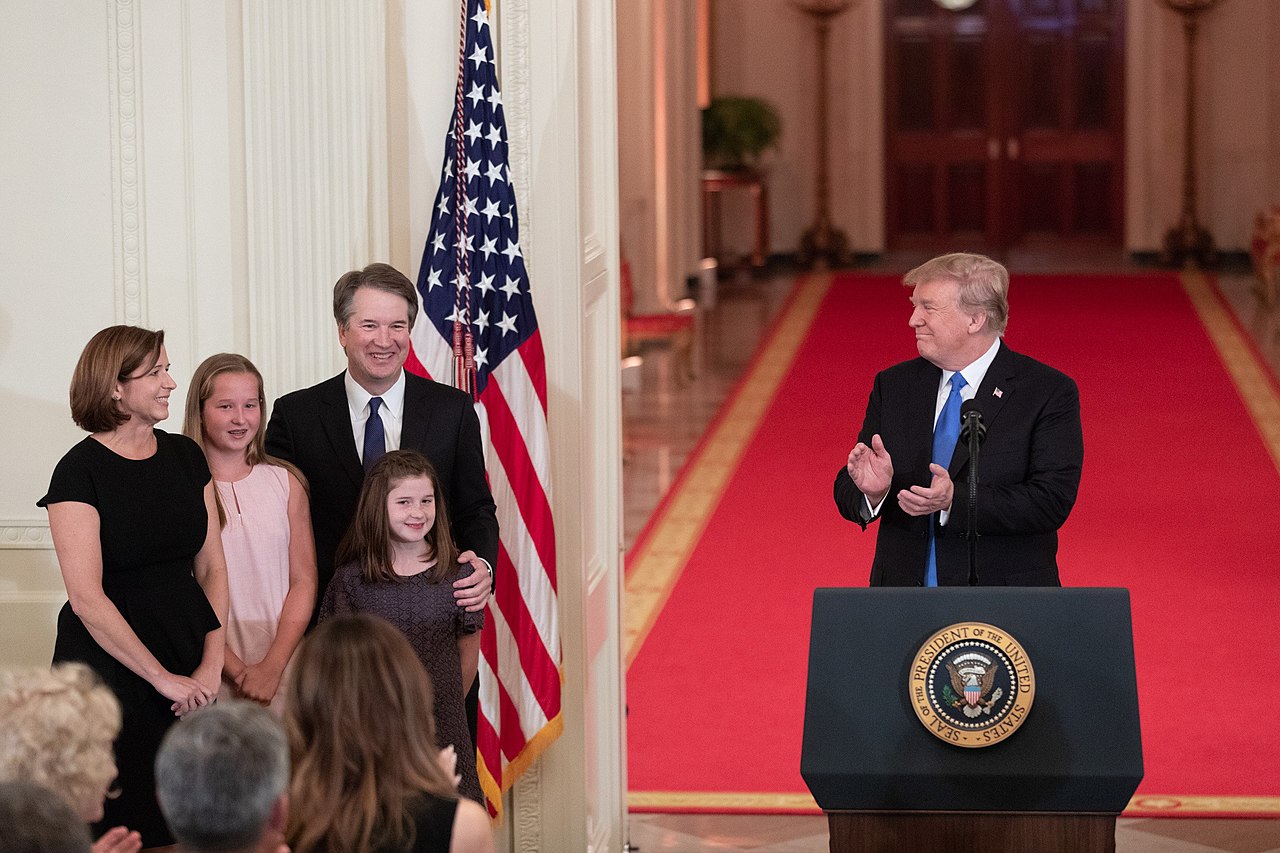
“And the communities devastated by the opioid crisis are deprived of the funding needed to help prevent and treat opioid addiction,” Kavanaugh stated.
He went on to say: “As a result of the Court’s decision, each victim and creditor receives the essential equivalent of a lottery ticket for a possible future recovery for (at most) a few of them.”
Recovery Prospects
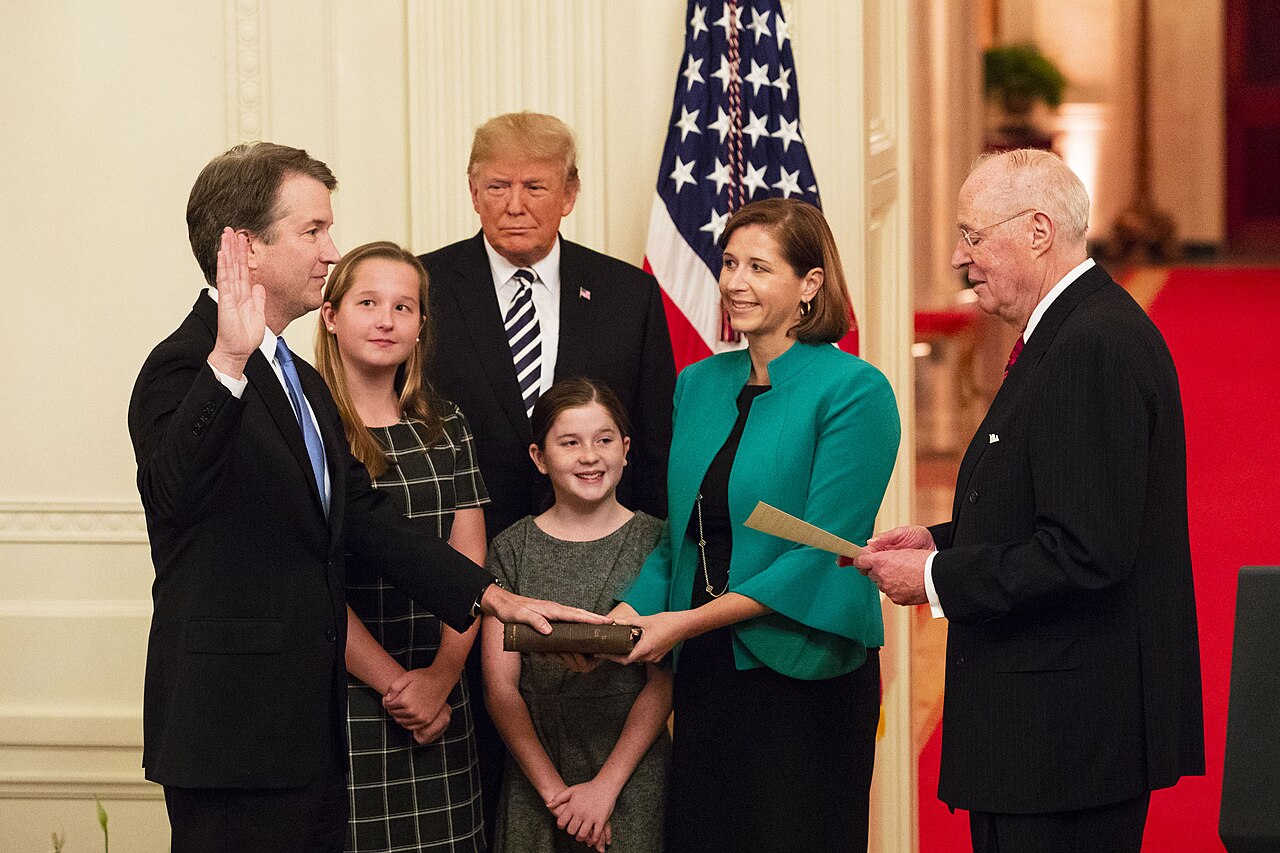
Kavanaugh continued: “As the Bankruptcy Court explained, without the non-debtor releases, there is no good reason to believe that any of the victims or state or local governments will ever recover anything.”
Kavanaugh recently voted along party lines in a 5-4 decision in Ohio v. Environmental Protection Agency.
The decision was criticized by Amy Coney Barrett for throwing “cherry-picked” statements at the wall.
